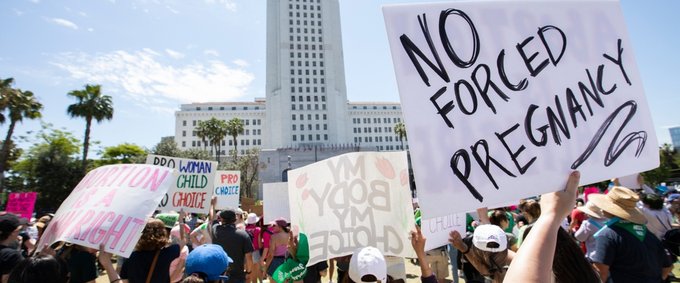
Explore our research and events
Our most recent publications and convenings cover women's economic rights and empowerment, and changing social norms in Afghanistan
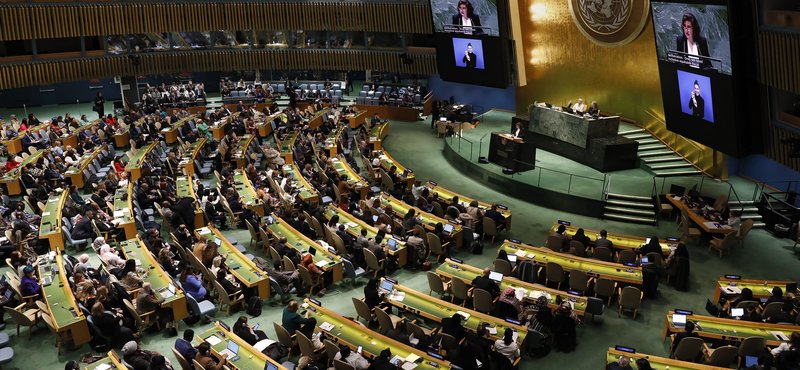

Transforming gender norms for women’s economic rights and empowerment
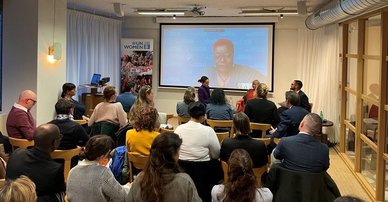
Ahead of CSW68: which policies can unlock women's economic rights & empowerment?
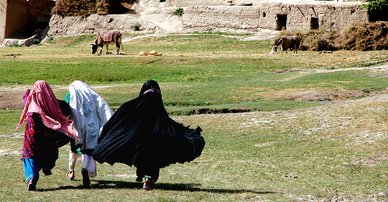
Changing social norms around age of marriage in Afghanistan: data on repression and resistance under the Taliban
Countering anti-gender backlash
Facing the backlash: what is fuelling anti-feminist and anti-democratic forces?
This ALIGN Framing paper explains how patriarchal gender norms are fuelling anti-feminist forces and driving global rollbacks to democracy.
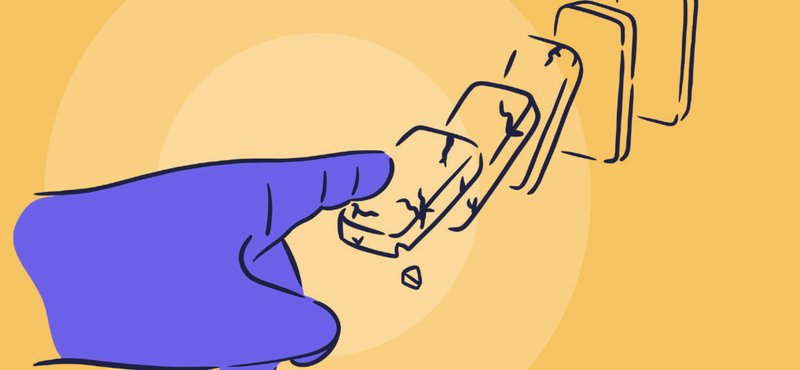
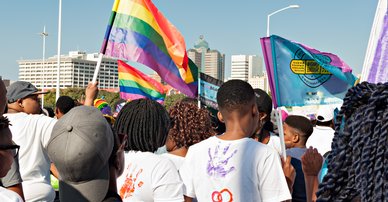
LGBTQI+ rights are not just for Pride Month
Feminist Foreign Policy
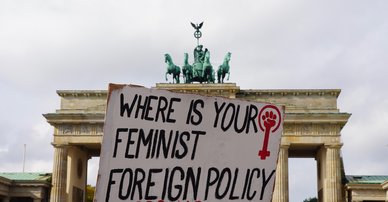
Where next for feminist foreign policy?
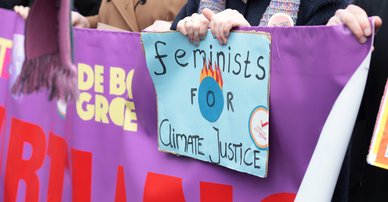
Where next for feminist foreign policy on tackling the climate crisis?

Where next for feminist foreign policy on countering anti-gender backlash?
ALIGN Platform
Advancing Learning and Innovation on Gender Norms (ALIGN)
ALIGN brings together global research on gender norms to share lessons for transformative change. Our platform enables a community of researchers and thought leaders to understand patriarchal gender norms, sharing knowledge on key drivers of change.
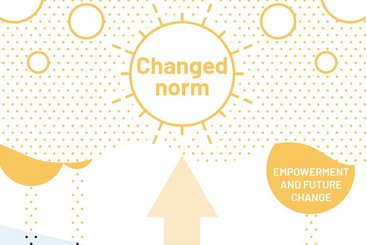
10 ways to transform gender norms
This resource lays out five areas for investment and five organising spaces in order to make real progress on eradicating gender injustice and inequality.
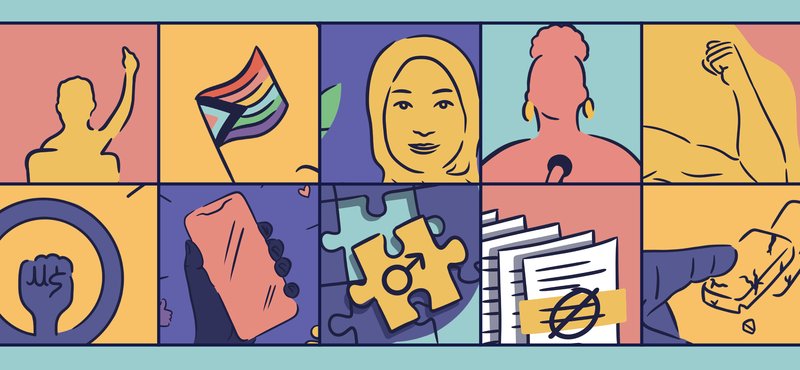
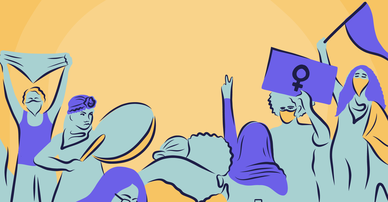
Mobilising for change: how women’s social movements are transforming gender norms
Transforming gender norms
Gender norms and stigma are some of the biggest barriers to change. As a root cause of gender inequality, good policy must target longer term shifts around patriarchal social norms.
Gender norms and social media
This ALIGN 2-part research series seeks to understand if and how social media is changing gender norms. Together these reports tackle the patriarchal bias in the back-end of digital platforms and the power of women's online activism.
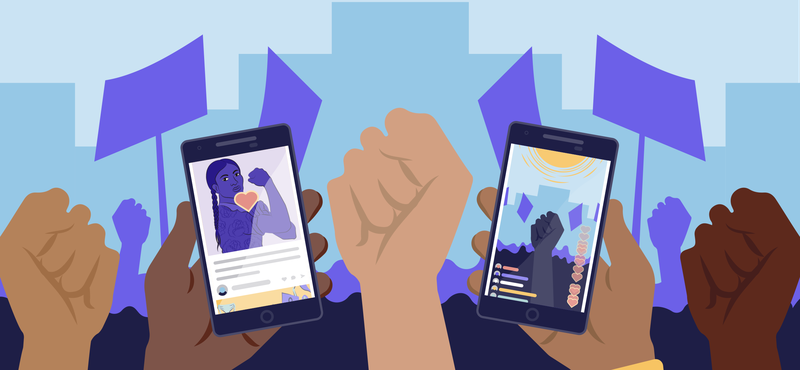
Feminist social movements map
ALIGN's interactive global map features leading women's organisations and feminist collectives taking action to change gender norms. It highlights those groups working across their global and regional contexts on: Climate, Violence, LGBTQI+ rights, Political power and Economic autonomy.
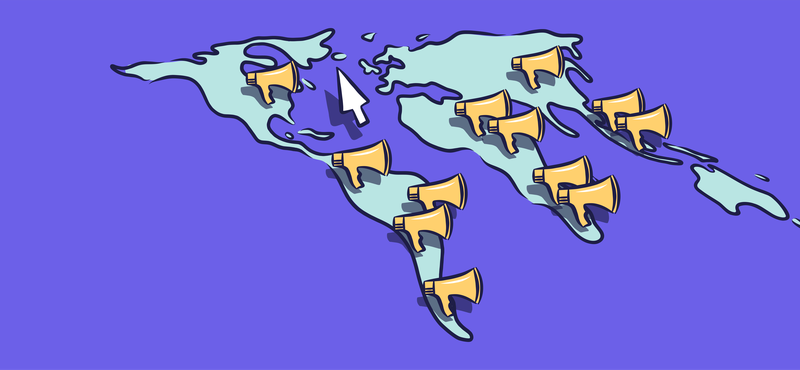
Gender-based violence
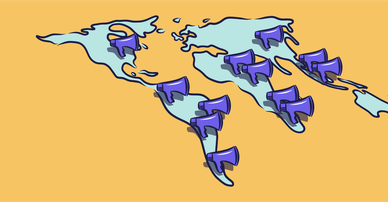
Is no space safe? Working to end gender-based violence in the public sphere
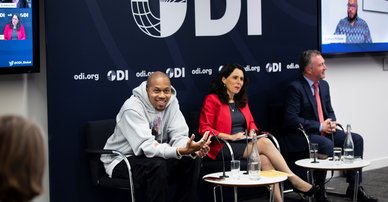
From allyship to action: how men can step up to end violence against women
More on social movements
Women’s movements are advancing reproductive rights and gender justice. But traditional funders are missing a big opportunity to invest in their work.

Women's organisations and feminist mobilisation
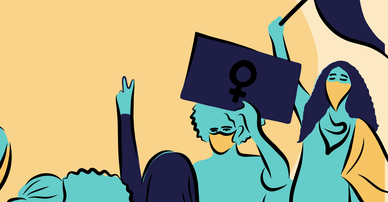
Global dialogue: unlocking feminist activism
Reproductive justice and women's economic empowerment
When women and LGBTQ+ communities have access to the reproductive healthcare they need, society stands to gain significantly from their economic contributions.

Gender & Adolescence: Global Evidence
GAGE is the largest global study on adolescents, following 20,000 girls and boys in developing countries to understand what works to enhance adolescent capabilities and empowerment.
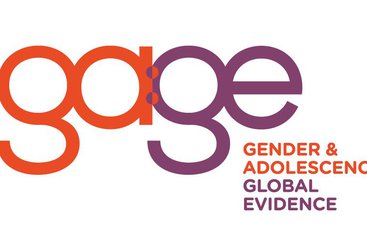
The team
-

Caroline Harper
Director, Gender Equality and Social Inclusion programme, Principal Research Fellow
-

Rachel Marcus
Senior Research Fellow
-

Ayesha Khan
Senior Research Fellow
-

Nicola Jones
Principal Research Fellow
Browse related themes
How we work
-
Gender norms
We identify the drivers of discriminatory gender norms and most effective routes to change. Our flagship ALIGN research proposes evidence-informed pathways to gender justice through understanding the informal rules that influence gender relations through sexist attitudes and behaviours, and key drivers of transformation. We focus on the role of media and political representation, the power of social movements and positive masculinities.
-
Intersectionality
An intersectional approach guides our research, particularly on issues of class, age, race and ethnicity, (dis)ability, sexual orientation and gender identity. We explore how differing oppressions intersect with gender norms to affect experience, life chances and realisation of rights. Our focus is on the norms, practices, structures and institutions that intersect with one another to contribute to marginalisation and inequality.
-
Political voice and leadership
Our work on political voice and leadership explores pathways and barriers to equal participation in political space. This includes in leadership roles, at decision-making tables and within social movements. We consider how gender norms limit women’s political power and exacerbate their exposure to gendered violence in public life, proposing policy strategies for change.
-
Economic empowerment
Our analysis on youth skills, women’s employment and the care economy has informed donors, governments and international policy processes. Focusing on women’s economic empowerment from adolescence to adulthood, we provide evidence on what works for skills development and access to productive assets; credit and decent employment; expansion of land rights; and shifting social norms to enhance women’s financial inclusion.
-
Education
Through examining how formal and informal education contributes to girls’ skills and wider agency in making life decisions, we identify practices and innovative approaches to enhance gender equality. This includes reducing financial barriers to education, curriculum reform, and teacher training. We also present ways to mitigate threats to girls’ education in conflict-affected contexts, with strategies to combat gender-based violence in schools.
-
Health and well-being
Research on gender and health spans sexual and reproductive health, maternal and child health, neglected tropical diseases as well as sexual and gender-based violence. Our growing work on gender, mental health and psychosocial well-being adds depth and nuance to an area traditionally dominated by biomedical approaches, also exploring the social determinants of mental ill-health.













